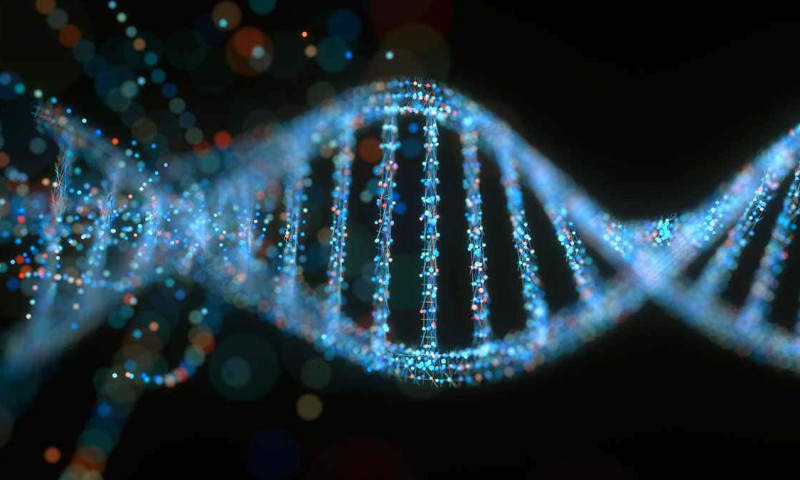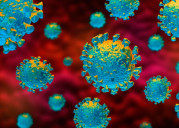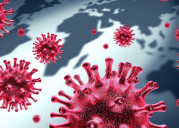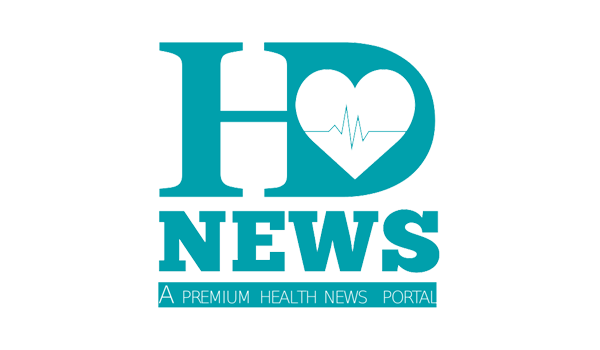More than 350 DNA 'errors' that increase an individual's risk of developing breast cancer

Kathmandu, January 9
A key international study of the genetics of breast cancer identified more than 350 DNA 'errors' that increase an individual's risk of developing the disease. The scientists say these errors may influence as many as 190 genes.
The study published in the journal Nature Genetics, provided the most comprehensive map of breast cancer risk variants to date. The researchers involved, from over 450 departments and institutions worldwide, told the findings will help provide the most detailed picture yet of how differences in our DNA put some women at greater risk than others of developing the disease, as reported by Science Daily.
As per the researchers, the majority of the DNA is identical between individuals, but there are some differences—genetic variants—and these changes can have a profound effect, increasing an individual's susceptibility to disease.
Actually, our DNA contains between 20,000-25,000 genes. Many of these code for proteins, the building blocks that make up the human body. Genetic variants can be located within genes, altering the protein. However, most of genetic variants are located outside genes, sometimes regulating the function of genes, turning their 'volume' up or down or even off. Finding which gene is targeted by these variants is not straightforward.
As per Science Daily, most diseases are complex, polygenetic diseases—in other words, no single genetic variant or gene causes the disease, but rather the combination of a number of them act together to increase the likelihood that an individual will develop a particular disease. Breast cancer is one such disease.
"We know from previous studies that variants across our DNA contribute towards breast cancer risk, but only rarely have scientists have been able to identify exactly which genes are involved. We need this information as it gives us a better clue to what is driving the disease and hence how we might treat or even prevent it," said Dr Laura Fachal from the Wellcome Sanger Institute, as quoted saying by Science Daily.
According to the researchers, they compared the DNA of 110,000 breast cancer patients against that of some 90,000 healthy controls, and looked in much closer detail. They identified 352 risk variants. It is not yet clear exactly how many genes these target, but the researchers have identified 191 genes with reasonable confidence; less than one in five of these had been previously recognized.














